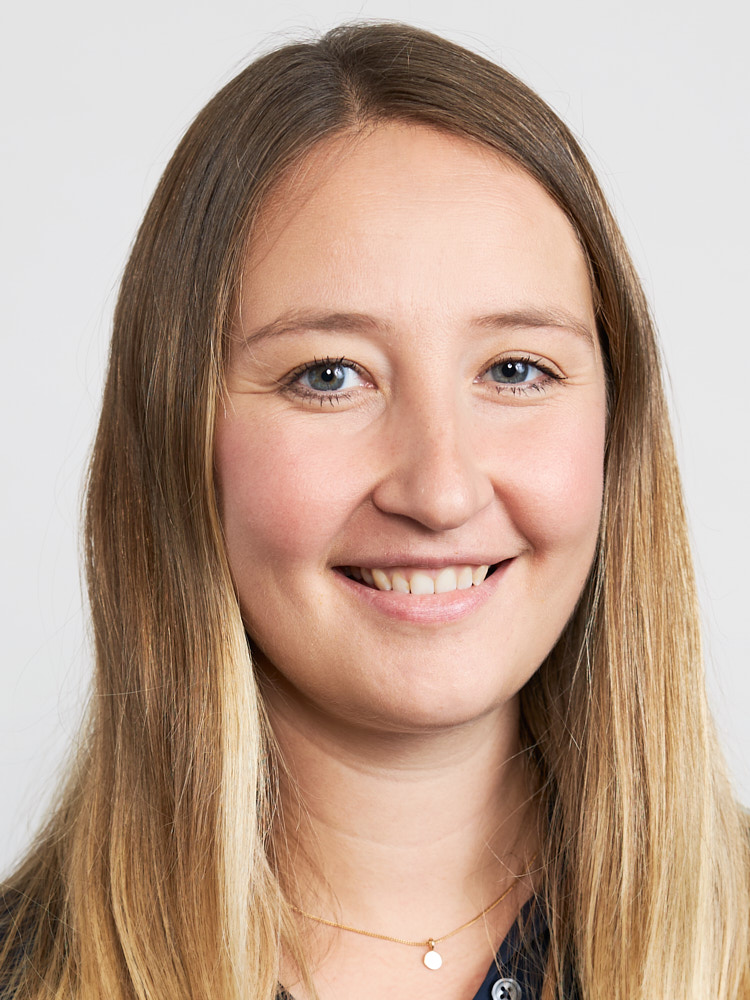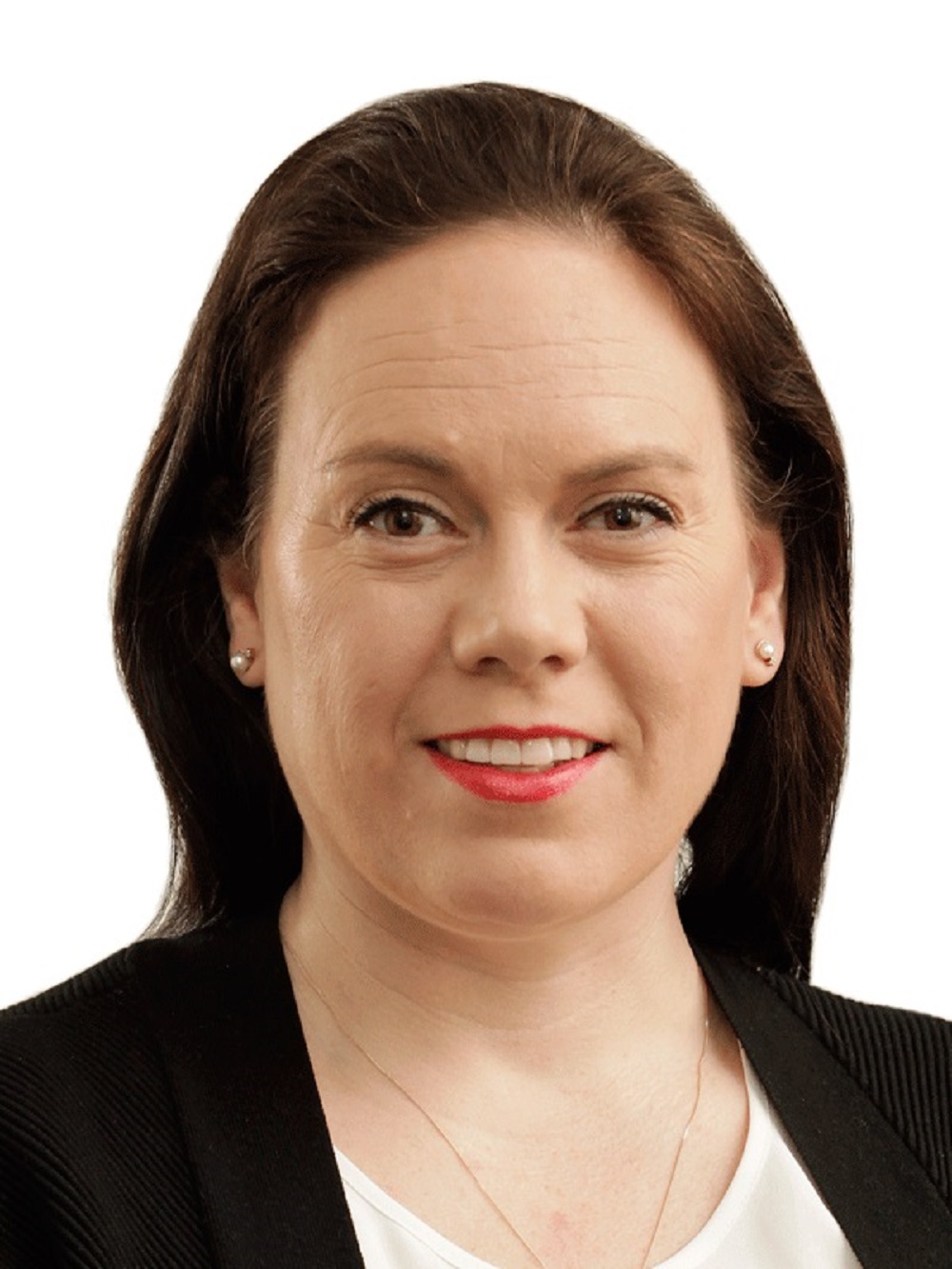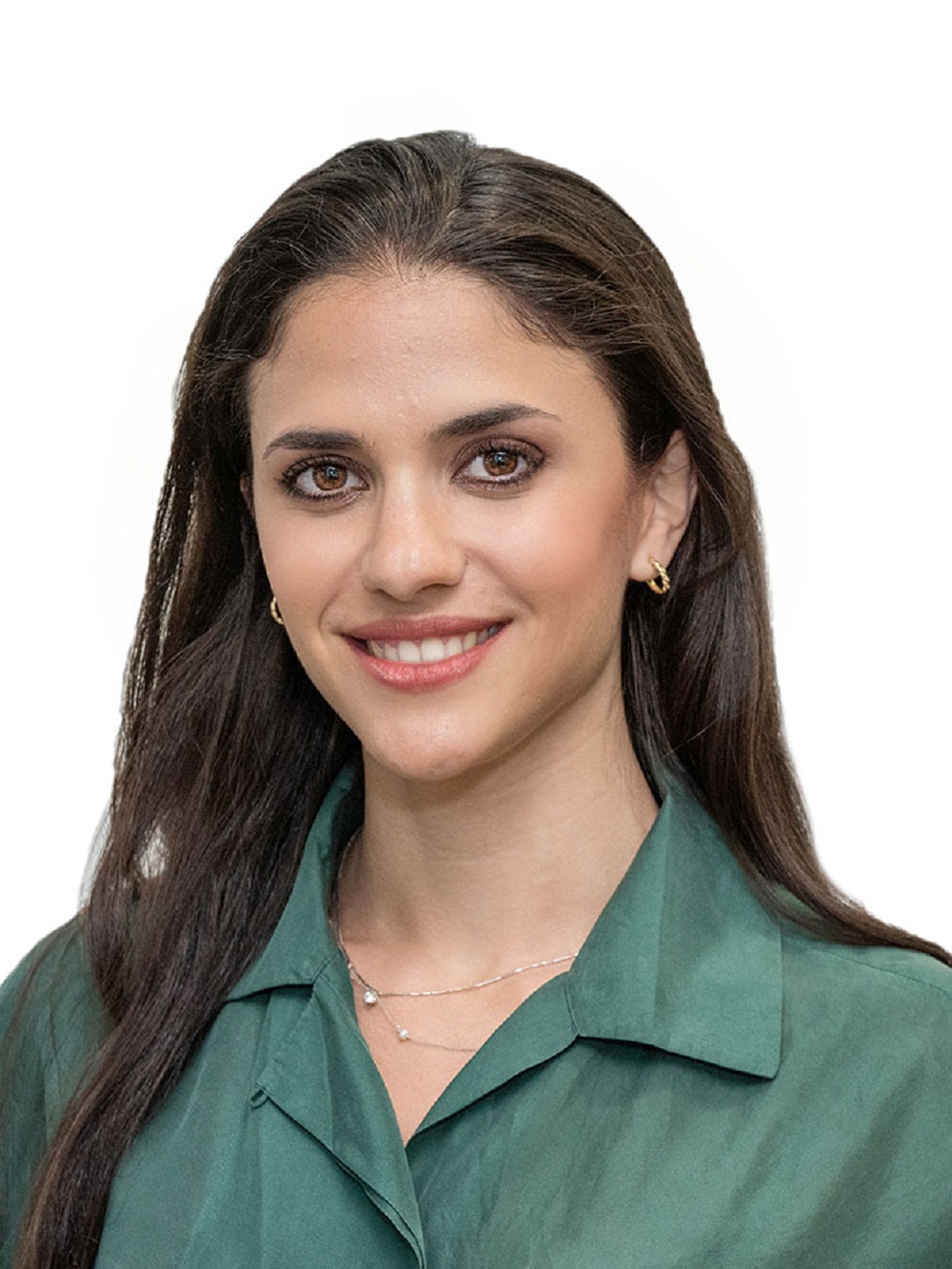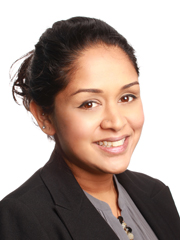Nick Platt is retiring after more than 40 years with Gard. We had the opportunity to discuss his career in claims and some lessons he learned on the way. The technology around our work has changed and is changing, yet the human element of loss prevention and casualty response remains the most important touch point for protecting people, the environment and property.

Nick Platt passes on lessons learned from more than 40 years in marine insurance
Written by

Erika Lindholm-Kuhlefelt
Claims Executive / Lawyer, Helsinki

Hannah-Maria Opperman-Mäkinen
Administrative Coordinator, Helsink

Danae Pispini
Lawyer, Piraeus

Puja Varaprasad
Claims Executive / Lawyer, Singapore
Published 19 June 2019
Nick began his career in the early 1970s at Lloyd’s of London pursuing cargo recovery claims. That was where he met John Kendrick of O. Kverndal & Co., who as Gard’s correspondent in London, were defending the claims. Nick remarks that John must have seen something in him as he asked him to change sides and join Kverndals. It was 1978 and Nick began his career in P&I claims.
Only a few months after he started at Kverndal Nick got his feet wet with a general cargo vessel that in the course of one voyage experienced instability during loading, suffered a generator failure and declared GA and subsequently ran aground, again declaring GA, and finally was involved in a collision. Sadly, the Master, who was the fourth master during the voyage, committed suicide after the grounding.
“I was very lucky, John Kendrick included me in many interesting and complex cases and as a result, I learned a lot very quickly simply by listening to what was said.” Nick admits that this way of learning might be difficult to reproduce today as there are fewer major casualties. He stresses that Gard should still focus on involving younger people when complex cases occur and ensure that they are involved throughout the life of the case. Nick also recommended sending younger claims handlers to attend casualties on-site together with more experienced colleagues, as it provides for an experience which is difficult to achieve sitting at a desk. “I had no professional qualifications when I started but have developed my skills by learning by doing. Learning and understanding the law is important but it is equally important to understand how to apply it in practice”.
The 1980s brought some changes as Gard set up a company in the UK next door to Kverndal’s premises. After four years as neighbors, Kverndal was sold to Gard UK which overnight doubled its employees to eight. Today there are close to 50 employees in the London office. In the same period of time, Gard’s head office in Arendal, Norway has grown from 22 employees to 260!
We took the opportunity to interview Nick to hear from him with his key observations and advice to next generations in the industry.
Shipping is a highly regulated industry. In what ways did regulations change the details/things you paid attention to in your work?
The shipping industry is much more heavily regulated than it was 30 years ago. This is probably good as the standards by which shipowners operate their ships today are much better. This is reflected in the reduced number of serious incidents that take place today.
Regulations affect shipowners’ liabilities. Clubs need to have the knowledge and understanding of regulations. The same applies to Members and clients so as not to breach them. Ideally, clubs should have an influence over these regulations. For instance, I was involved in the International Group of P&I Clubs (IG) pollution subcommittee for 10 years where we had the opportunity to comment on potential new regulations that affected pollution issues. The IG was involved in the development and introduction of a standard contract for contractors to use when responding to a pollution incident – known as “RESPONSECON”. The clubs were also involved in discussions with the Chinese authorities about the introduction of new pollution legislation in China.
There are both national and international (via the IMO) regulations. Some countries regulate on a national level alone. The biggest challenge is with countries, for example the US, which not only sign few international conventions but also allow individual states to impose their own, sometimes different, legislation. This is unsatisfactory for shipowners operating internationally and creates difficulties with compliance. OPA 90 being the classic example. OPA is a federal law which is in some respects inconsistent with the international pollution convention (Civil Liability Convention). US law allows states to legislate on the same issue independently and that is very confusing for shipowners.
From a claims perspective, has increased regulation/conventions made life easier or more difficult?
In theory, international conventions make life easier as there is a consistent regulatory scheme which applies across most of the world. The challenge is when the convention is not interpreted and/or applied consistently in all member states.
For instance, look at the PRESTIGE which was an unfortunate decision whereby the Spanish Supreme Court misinterpreted/misapplied the Civil Liability Convention. This is probably the main reason why the IG has encouraged IMO Member States to investigate the possibility of publishing a guidance to Member States on the consistent interpretation of the Convention.
I believe the Gard Outreach programme was your (very excellent) idea. Can you describe what it is and what prompted it?
When looking at the major casualties Gard and other clubs had, it became clear to me that salvage and counter pollution authorities were the most important parties in the incident. Authorities today show much more interest than 30 years ago and to work constructively with them usually means the outcome is more effective and, frankly, cheaper.
The involvement with the UK SOSREP, which position was set up following the SEA EMPRESS case (covered by Skuld) in 1996. A system that was revolutionary at the time but has been proven to be effective. This suggested to me that there was a benefit to working with people like that and building relationships with them. People generally respond constructively to an early engagement. Sitting back and doing nothing is unlikely to build an effective and co-operative working relationship.
The Outreach programme has developed considerably since it started some six years ago. The feedback from those taking part, both Gard colleagues and external parties, has been consistently positive. Casualties in Greece and Brazil have given us some possibility of assessing its effectiveness. While it is difficult to be precise in identifying a financial benefit, it can be said that we have seen from the authorities a level of confidence and satisfaction that Gard is involved and that, as a result, their job is made easier.
A few parting thoughts
As we let Nick set sail into the retirement horizon we asked him to provide advice for younger P&I claims handlers. “I hope the people that I have worked with, have learned something (good?) from me. My career is difficult to replicate but some of the principles are still important. As we increase reliance on technology the human element gets more important. Increase the benefits of the face to face meetings. Not all the time and not in every case, but I still think it is important to recognize that settlement meetings early on can be extremely valuable and result in advantageous conclusions for us and our clients and members. Don’t be afraid to meet early and settle early. There is always a risk. Email and phones are great but none of them gives us the immediate contact that you get with personal meetings. My best piece of advice – just talk to each other."


